The entire animation community owes a lot to the legendary Hayao Miyazaki – the filmmaker who single-handedly put Studio Ghibli on the map, creating one exemplary work after another. The Pakistani Oscar entry “The Glassworker”, which is also the only entirely hand-drawn animation from the country to date, sees debut filmmaker Usman Riaz harkening back to Miyazaki’s work, especially the likes of “Howl’s Moving Castle” and “The Wind Rises.”
The strong undercurrent of anti-war sentiments, while also serving a simple, grounded story about family, loss, love, and compassion with a touch of whimsy, is what makes Miyazaki’s work stand apart. Filmmaker Riaz is not trying to ape Miyazaki. However, his inspirations are so blatant and out there that no matter how much hard work and heart (the film took around a decade to create) have been put into it, you simply can’t look at a single frame in the film without actually being reminded of where you could spot it in a Ghibli movie.
The fact that the film was made under the mentorship of Ghibli producer Geoffrey Wexler could have been one of the major reasons, but much of “The Glassworker” is beautiful to look at. For starters, it is set in a town simply called Waterfront, with the sensibilities of the town being rooted in Asian culture. However, the whimsy also proclaims that the setting is not entirely one that allows you to take in the Pakistani culture on its face value – the art design gives it a rather European inclination, with the architecture carved out of the Dutch Renaissance.
The characters also feel like a mix. The story takes place in flashbacks with our protagonist, Vincent Oliver, representing the working class – he helps run a glass shop with his father, Tomas. On the other hand, Alliz belongs to a well-off family – her father military leader, Col. Amano has been fighting a never-ending war. However, since he is respected and can afford it, he has put his daughter in a school that not just teaches violin but also acknowledges her talent.
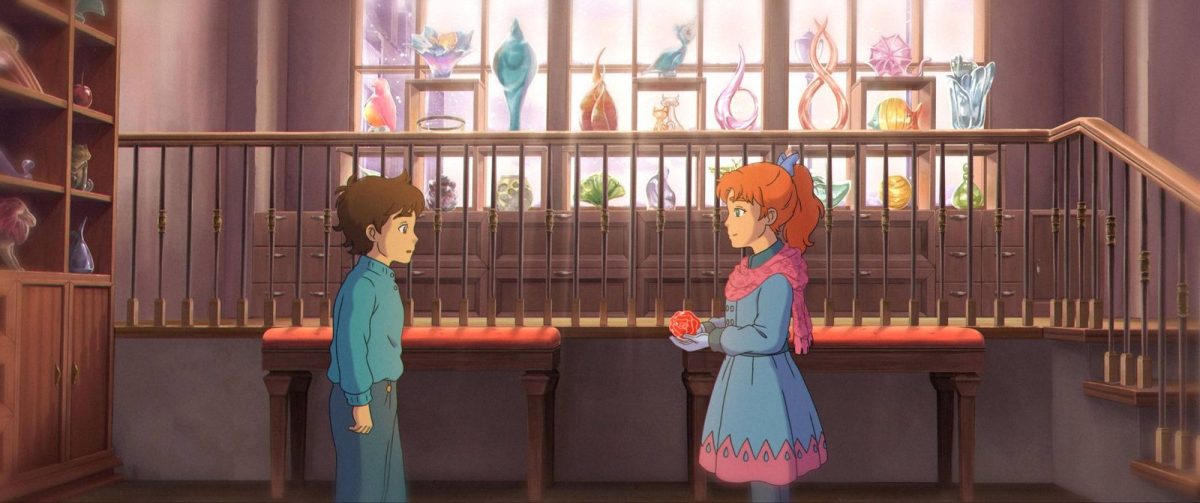
The stark difference in their social standing is just one of the reasons for the two children to stay away from each other, as Tomas, an artist who carves beautiful pieces out of sand, is a pacifist who hates war and wants nothing to do with it. His idea of life is all about keeping his child safe while also teaching him the many layers of his family-owned craft. Vincent is a dedicated child, but he also craves connection. So, when Alliz walks into the storefront, something changes in him.
Now, “The Glassworker” is a gentle and sweet romance on the surface, but since war is on the horizon from the get-go, you know where the narrative will eventually lead. Filmmaker Usman Riaz is more interested in showing the loss of innocence offset by the disturbing realities of war. The real conflict of the film comes up when Col. Amano walks into Thomas’s shop and forces his hand into creating weapons of war.
The politics here is on point – showing how the working class is often deliberated by those in power because their vulnerabilities are easily exploitable. However, his anti-war sentiments feel muddled because he is also pretty interested in portraying heroes of war who live and die for their country. He steps back from being overly critical of them, not allowing the message to seep through. The usage of Djinn — supernatural beings of Islamic myth (probably forced into the narrative as a replacement for the Fire Spirit in Ghibli movies) serves no purpose whatsoever. It only stretches out the already clubbed screenplay that should unfold like a memory.
Hand-drawn animation is hard, but Riaz and his team make the glasswork animation and the art direction of the setting feel smooth and enchanting. However, it is the character work and the movement that doesn’t capture the naturalistic flow of things, making it feel odd. Carmine Di Florio’s score is really good, but since it also remains Ghibli-inspired, there’s not much in the name of cultural appropriation that sets it apart.
Overall, “The Glassworker” remains an ambitious work that does not come out feeling like a work of astounding beauty that says something.



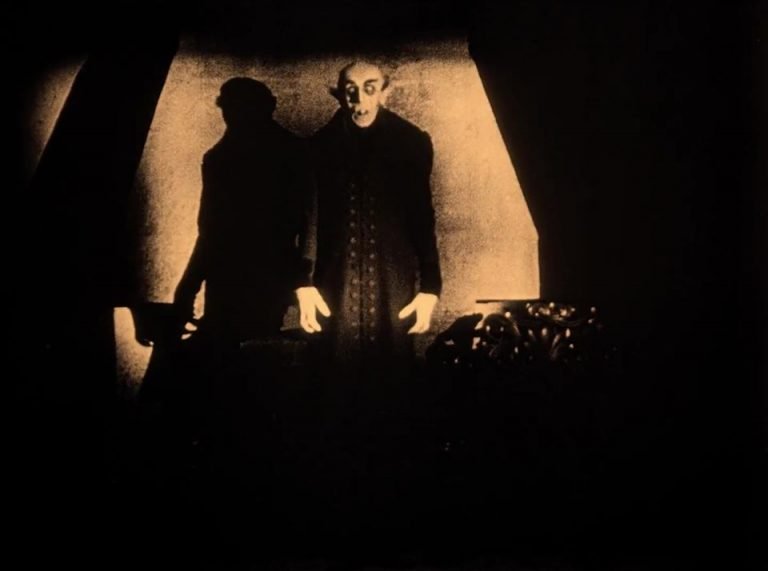

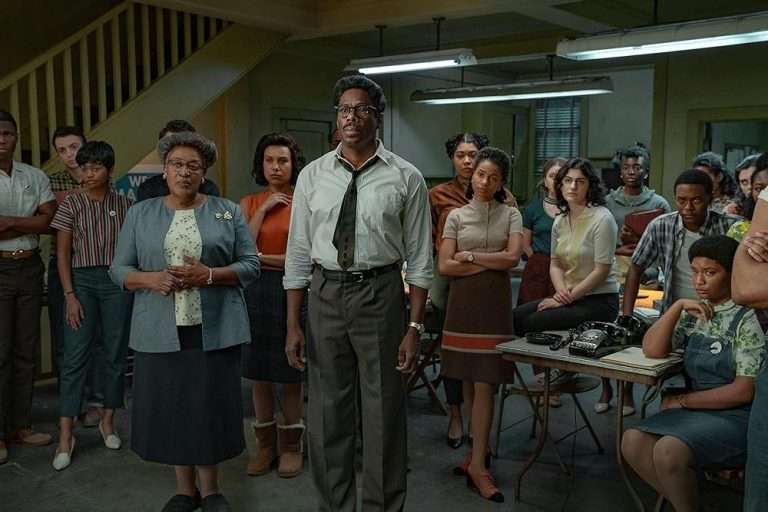
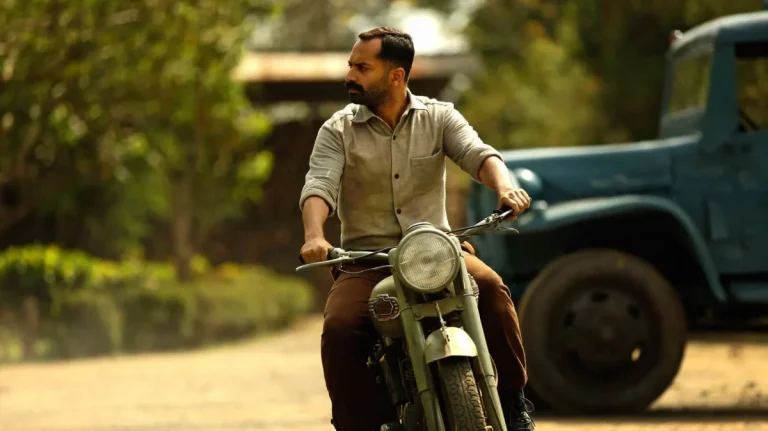
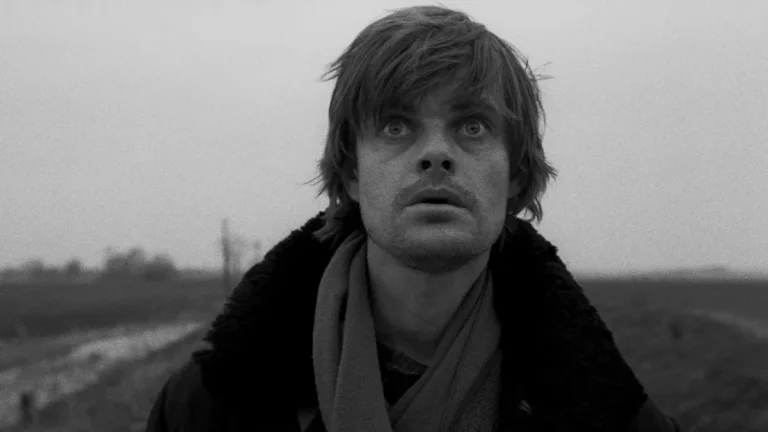
![Trees of Peace [2022] Netflix Review: A Deeply moving story of Resilience & The Human Spirit](https://79468c92.delivery.rocketcdn.me/wp-content/uploads/2022/06/Trees-of-Peace-2022-768x432.jpg)